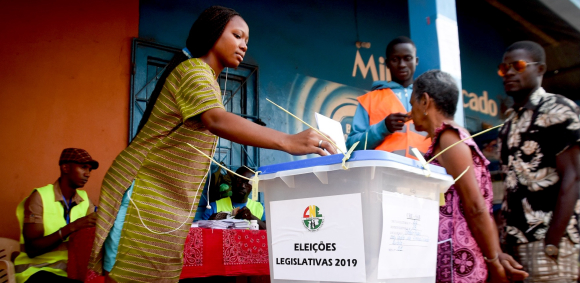India’s trade relations with Africa have reached a historic milestone, crossing the $100 billion mark in 2025, signaling a new era of economic cooperation and partnership between the two regions. The achievement underscores Africa’s growing importance as a strategic trade partner for India, with both regions set to benefit from deepening bilateral ties.
According to official reports, the surge in trade has been driven by robust demand for African crude oil, natural gas, minerals, and agricultural commodities, coupled with India’s exports of refined petroleum products, pharmaceuticals, automobiles, machinery, and technology solutions. This trade balance reflects the complementary nature of the two economies: Africa’s abundant natural resources align with India’s manufacturing, service, and technology-driven industries.
Experts note that this landmark trade figure is not just a statistical milestone but also a testament to decades of diplomatic and economic engagement. Over the years, India has invested heavily in Africa’s infrastructure, renewable energy, healthcare, and education sectors through initiatives like the India-Africa Forum Summit and the Pan-African e-Network project. Additionally, Indian companies have expanded their footprint in African countries, creating jobs, transferring skills, and boosting local economies.
The Confederation of Indian Industry (CII) and various African business councils have also played a vital role in fostering trade relationships by organizing business forums, investment summits, and policy dialogues. With India positioning itself as the world’s fastest-growing major economy, and Africa projected to be home to the largest workforce by 2050, the synergy between the two partners promises exponential growth in the coming years.
Analysts predict that trade volumes could double in the next decade if both regions continue to focus on innovation, digital trade, green energy, and infrastructure development. Strategic partnerships in agriculture, technology transfer, and healthcare are also expected to strengthen food security, create jobs, and improve healthcare access across Africa, while providing India with a reliable partner in its global supply chain diversification strategy.
Diplomatic observers emphasize that beyond trade, India-Africa relations are rooted in shared historical ties, cultural connections, and solidarity in global platforms like the United Nations and the G20. Both regions continue to advocate for a more inclusive global economic order, where developing nations have a stronger voice in shaping international policies.
With the $100 billion milestone now achieved, policymakers and business leaders in both regions are calling for accelerated negotiations on free trade agreements, simplified trade processes, and stronger people-to-people exchanges. This momentum not only strengthens economic resilience but also sets the stage for India and Africa to emerge as pivotal partners in shaping a multipolar global economy.














Leave a comment